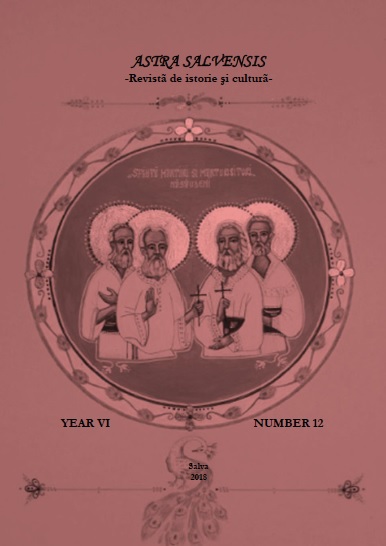The Concept of "Knowledge" / "Cognition" in Russian Paremia: the Experience of Structural Semantic Representation
The Concept of "Knowledge" / "Cognition" in Russian Paremia: the Experience of Structural Semantic Representation
Author(s): Galina Aleksandrovna Shiganova, Irina S. Karabulatova, Anna Valeryevna SVIRIDOVA, Lyudmila Pavlovna YUZDOVASubject(s): Social Sciences, Education
Published by: Asociaţiunea Transilvană pentru Literatura Română şi Cultura Poporului Român - ASTRA
Keywords: folklore unit; phraseological unit; paremia; linguoculturology; concept; “knowledge” / “cognition”; logeme; axiological parameters;
Summary/Abstract: Paremia can be successfully applied virtually to any situation due to its metaphorical nature. The researcher discovers a different attitude, a different system of values and a hierarchy of cultural dominants, when he transcends his own cultural space. As you know, the meaning of paresmanship can be realized depending on the situation of communication in a direct and figurative (figurative, allegorical, metaphorical) sense. The portable meaning of paremia makes it possible to comprehend and experience phenomena of one kind in terms of phenomena of a different kind. This is how analogous possibilities of human thinking manifest themselves, which help to compare the characteristic phenomena with other, more known, more accessible phenomena for observation. Often, the paremia is used in a specific situation, but does not mean its individual elements, but puts the entire situation in touch with some general and well-known pattern that it expresses in a figurative sense. Since the low-level terminal slots reflect individual moments of a person's perception of a particular situation, then there are possible different ways of using the paremias in the semantic sense. The authors show the specificity of the concept of "knowledge" / "cognition" in Russian paremias. This makes it possible to understand the Russian interpretation of the philosophical category of the cognizability of the world.
Journal: Astra Salvensis - revista de istorie si cultura
- Issue Year: VI/2018
- Issue No: 12
- Page Range: 385-394
- Page Count: 10
- Language: English

